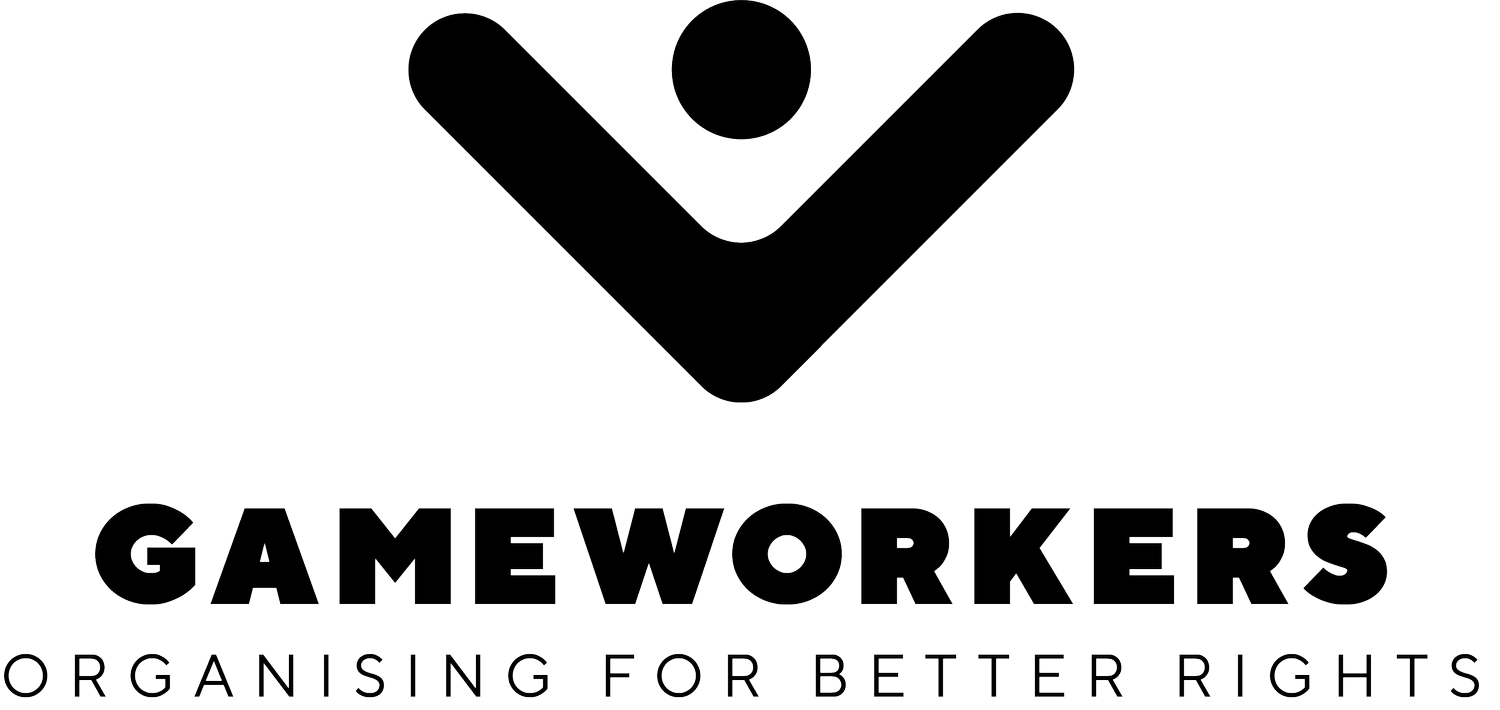How are the general working conditions in the game development industry?
-
Game Development in Denmark is a growing industry, characterized by many small startups, certain established companies, and a few major players. Around 1000 persons work in the industry, providing billions in revenue and exporting for 4 times as much money as the Danish movie and TV industry combined.
While working in the industry is often fun, creative, and rewarding on a professional level, working conditions are not always satisfying. In practice, salaries are often relatively low compared to other sectors; stress levels can be high; few companies offer pension schemes; parental leave is typically unpaid etc. Freelancers in the industry often face concerns such as payments in due time and irregular levels of income.
-
Whereas game development is fueled by creativity, what really makes a great game studio is great working conditions.
In contrast to what many might think, in Denmark working conditions are only to a certain extent regulated by law but rather by collective agreements between employers and trade unions, subject to renewed negotiations every 2-3 years. This is the situation for 3 out of 4 employees in the private sector. However, within game development there is so far no collective agreement – with individual contracts being the norm.
Most companies have something called a ‘personnel handbook’ describing overall working conditions, but this is not legally binding – and most importantly the employer can change the content unilaterally and typically without notice. The unions behind this website want to change this situation towards more transparency, more collaboration and simply a more mature industry, i.e., with certain social rights and obligations as well as the prospect of raising children and growing old in the industry.
We believe that the industry as a whole – employees as well as employers – would benefit from a sectorwide collective agreement, focusing on issues such as fair competition and remuneration, intellectual property rights, parental leave, pension savings etc. Why not do as other industries do, only better and tailored for game development? See below for an overview of some of your present rights as an employee or freelancer in the Danish game development industry.
Which kind of rights do I have as an employee?
Lacking a sectorwide collective agreement for the game development industry, you still have certain rights guaranteed by Danish and EU laws where trade unions can assist you.
-
When you enter an agreement about working for a company, certain things should be made clear in advance. This is where unions come in, as democratic and professional associations made up of persons already working in the industry. With our knowledge of laws, standards, and salary levels we will give you advice on negotiating a fair settlement, suggest improvements etc. We will also be there if you later disagree with your boss; get in a dispute over intellectual property rights; end up with stress; get fired, if the company bankrupts etc.
-
You are entitled to receive an official employment contract, which should be given to you no later than one month after starting in a new job. The contract must include all core information about your working conditions – including for example notice periods; days off with pay; regulatory frameworks such as any collective agreement coverage etc. Moreover, since July 1, 2023, the time frame has been shortened to 7 days of employment regarding certain information – specifically your weekly working hours, your salary, compensation for overtime work (if any), job description, workplace, contact information and certain other items.
-
Most people who work with game development are employed under The Salaried Employees Act (“Funktionærloven”) that covers all kinds of white-collar work, i.e., office work, technical or clinical assistance, rather than physical production sites such as factories, craft workshops etc. Among other things, the Act gives you the right to a reasonable notice of termination, pay during illness, compensation in the event of unfair dismissal and severance pay for many years of service. Please be aware, however, that you will not be paid for overtime work in Denmark unless this is explicitly stated in your contract. Specifically, it should be stated in your contract whether you are employed as a white-collar worker. If you are in doubt, do not hesitate to get help from us.
-
In Denmark all employees have a right to 5 weeks of paid vacation per year. In practice you accumulate the right to 2.08 vacation days every month, which in total guarantees you 25 days off per year with full pay. There are certain rules that describe when and how you can make use of your vacation rights, but basically you need to agree on the dates with your manager in advance and with a certain notice. You should know that most private employees with a collective agreement and all public employees have an extra week of vacation. This could give you leverage in negotiating more days off in your individual contract – and potentially in a future collective agreement for the games industry. If you want to know more about holidays and days off, call your union.
-
Internationally the games industry is known for compulsory overtime before a major launch, i.e., so-called ‘crunch’. In Denmark this seems to be a lesser problem than in many other countries, but nonetheless we see it happen. In this situation you should know two things: Firstly, that most people in Denmark work 37 hours a week with or without a paid lunch break. Secondly, that there is an EU directive stating that your average weekly working hours cannot exceed more than 48 during a period of 4 months. Even though this still gives an employer a wide margin it is still clear that there should be a cap on your working hours. For most employees the details are normally regulated by a collective agreement – but in the absence of one for the games industry your working hours must be stated in your employment contract. Please also be aware that without explicit details in the contract regarding flexible working hours, you will not have automatic rights such as overtime pay, equalization of hours etc. All in all, you should always contact your trade union about the specifics of working hours.
-
6. Your right to negotiate your salary
In Denmark there is no statutory minimum wage. This means that you must negotiate your salary yourself – both when you are newly hired and continuously during your employment.
Whereas 3 out of 4 employees in the private secor in Denmark have their salaries regulated by collective agreements between employers and trade unions, this is still not the case within games development.
Without a collective agreement your employment contract will typically state that you are entitled to meet once a year with a manager and discuss your salary. In this situation your trade union can help you and give you relevant advice for your individual bargaining. For example, all trade unions based on specific professions or industries produce salary statistics, provide courses in salary negotiation, and know the specifics of working in the games industry.
Contact your union in order to get qualified salary advice.
-
If your employer goes bankrupt your union will contact the LG Fund (“Lønmodtagernes Garantifond” or “The Guarantee Fund for Salaried Employees”) and take care of arrangements. This fund covers individual salary claims up to a maximum of DKK 160.000 after tax and includes for example pension and salary for the notice period, while holiday pay is not included. Just remember to contact your union immediately when relevant as there are certain rules regarding expiration of your claims.
-
According to The Working Environment Act your employer has a duty to provide a good and safe working environment – both psychologically and physically. In practice this should play out in collaboration with the employees that are also obliged to strive towards a good working environment. If you are employed in a company with more than 10 employees, your employer must make arrangements that allow you to democratically elect an official work environment representative (“Arbejdsmiljørepræsentant” or AMR).
Notably, a Work Environment Representative officially has the right to act as the voice of the employees in matters relating to stress, mental health and work culture. The representative is also supposed to work with the management in order to ensure a strategic focus on the work environment. At least every 3 years a company should also conduct a work environment survey (“Arbejdspladsvurdering” or APV).
The representative will of course receive whatever support is needed by his or her union, including courses and introduction to relevant tools. It is important that you feel safe in your work and if you have the slightest doubt about your situation, please contact us for advice and relevant guidance.

Do you have more questions?
Feel free to reach out to the union relevant to your profession. You can find the contact information on the specific homepages linked below.

